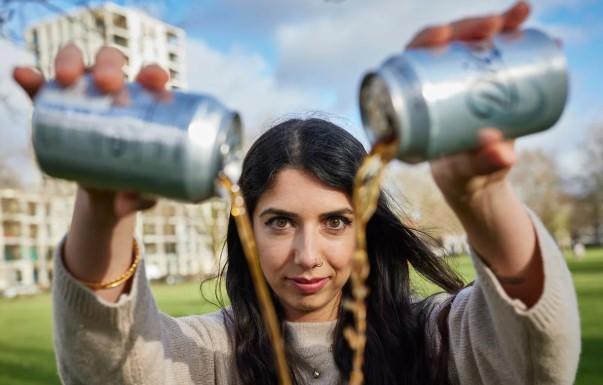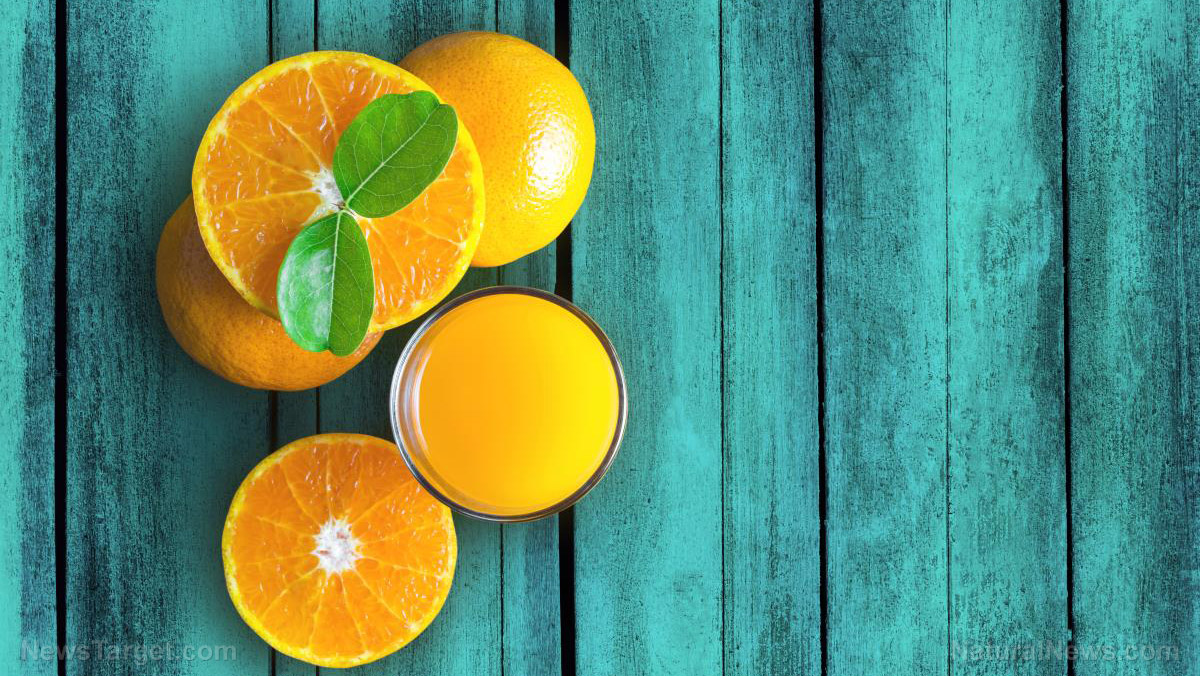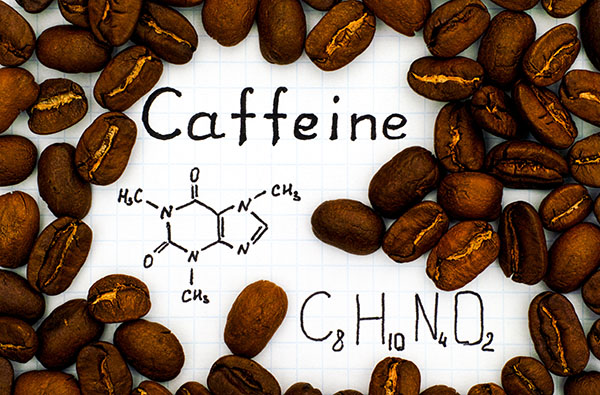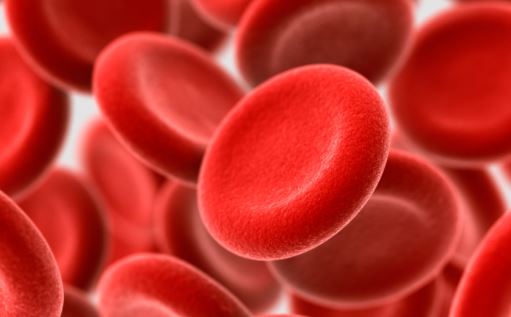 Parler
Parler Gab
Gab
- Soft drinks linked to higher anxiety: A study published in Nutrients found that individuals who consumed two or more soft drinks daily experienced more severe anxiety symptoms than those who drank fewer than one per week — more so than those who consumed coffee or tea.
- Study population details: The research focused on 1,025 adults aged 18–75 from four European countries, all with BMIs between 25–40 (clinically overweight/obese) and some depressive symptoms, suggesting the results may not generalize to the broader population.
- Coffee and tea not linked to anxiety: Unlike soda, coffee and tea showed no significant association with anxiety or depression symptoms in this study, though individual reactions to caffeine may still vary based on genetics.
- Healthier drink alternatives recommended: To potentially reduce anxiety, experts suggest cutting back on soda and considering options like coffee, kombucha, fresh juices, sparkling water and tea while avoiding artificial sweeteners like aspartame, which may negatively affect mood and brain function.
Drinking this beverage could be increasing your anxiety, study finds
The study examined data from the MooDFOOD depression prevention trial, which included 1,025 participants aged 18 to 75 from the Netherlands, UK, Germany, and Spain. All participants had BMIs between 25 and 40 kg/m² (classified as overweight or obese) and experienced some level of depressive symptoms. Researchers found that those who consumed two or more cans of carbonated soft drinks per day exhibited significantly more severe anxiety symptoms compared to those who drank less than one soda per week. In contrast, the study did not find a significant relationship between coffee or tea consumption and anxiety or depression levels in this specific population. This suggests that while some people may feel anxious after drinking caffeinated beverages, the link between caffeine and anxiety could be more individual and genetically influenced. Importantly, coffee and tea were not associated with heightened anxiety in this group. The findings underscore the broader message that diet has a strong impact on mental health. Though the study’s results are specific to a subset of individuals with higher BMI and existing mood disorders, they contribute to the growing body of evidence that links sugary, processed beverages — especially soda — to negative psychological outcomes. Reducing or eliminating soda from one’s diet may help alleviate anxiety symptoms. Researchers and health professionals alike recommend swapping out soft drinks for healthier alternatives. Some suggested options include coffee (in moderation), kombucha (watching for added sugar), fresh juices like beet or tart cherry juice, sparkling water and various types of tea. These beverages can satisfy flavor cravings without the potential mental health drawbacks linked to soda. It’s worth noting that diet sodas aren’t necessarily a safe substitute. Many are sweetened with artificial ingredients like aspartame, which has been associated with adverse effects on mood and mental health. According to nutritional psychiatrist Dr. Uma Naidoo, aspartame may interfere with neurotransmitter function and has been linked to increased risks of depression and anxiety. Additionally, research shows that aspartame may affect gene expression in the amygdala—the part of the brain that regulates fear and anxiety. In conclusion, the study highlights that soft drink consumption is linked to increased anxiety levels more so than coffee or tea, at least in overweight or obese individuals with depressive symptoms. While the findings aren’t universally applicable without broader research, they reinforce the idea that reducing soda intake and choosing healthier beverages may play a role in supporting better mental health. Tune your internet dial to NaturalMedicine.news for more tips on how to use natural remedies for preventative medicine and for healing, instead of succumbing to Big Pharma products that cause, spread and exacerbate anxiety, depression, disease and disorder. Sources for this article include: NaturalNews.com MindBodyGreen.com MDPI.com“End of Slavery Summit” on BrightU: Leslie Powers discuss the psychology of powerlessness
By Jacob Thomas // Share
No time for the gym? Eat an orange!
By News Editors // Share
Caffeine and antibiotics: A surprising link that demands caution
By Ava Grace // Share
When iron becomes a health hazard: The hidden dangers of iron overload
By Belle Carter // Share
Governments continue to obscure COVID-19 vaccine data amid rising concerns over excess deaths
By patricklewis // Share
Tech giant Microsoft backs EXTINCTION with its support of carbon capture programs
By ramontomeydw // Share
Germany to resume arms exports to Israel despite repeated ceasefire violations
By isabelle // Share










